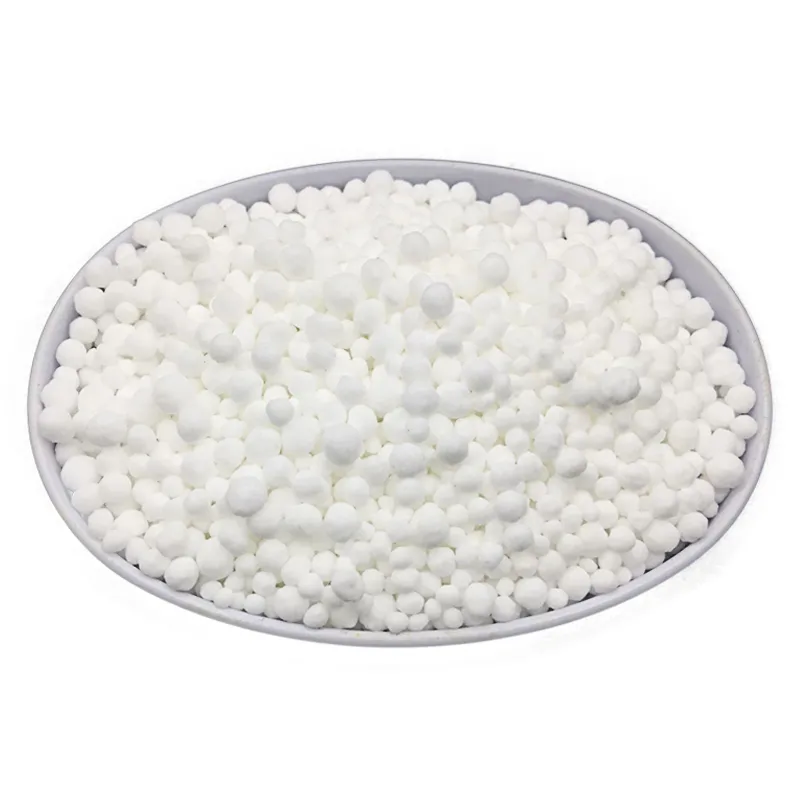
Dec . 09, 2024 15:18 Back to list
best organic fertilizer for watermelon
Best Organic Fertilizer for Watermelon A Guide to Thriving Growth
Watermelons are one of the most beloved fruits, especially during the summer months. Their juicy, sweet flesh and refreshing taste make them ideal for hot days and backyard barbecues. However, growing healthy watermelons requires more than just sunlight and water; it also demands the right nutrients. For gardeners looking to cultivate the sweetest and juiciest melons while being environmentally friendly, using organic fertilizers is a top choice. In this article, we will explore the best organic fertilizers for watermelons, their benefits, and how to use them effectively.
Understanding Watermelon Nutritional Needs
Watermelons (Citrullus lanatus) are heavy feeders, meaning they require a lot of nutrients to grow properly. The main nutrients they need are nitrogen (N), phosphorus (P), and potassium (K).
- Nitrogen is essential for green leaf growth and overall plant health. - Phosphorus supports root development and flowering, which is critical for fruit set. - Potassium helps in the development of the fruit itself and aids in water regulation.
While these three macronutrients are crucial, they are not the only ones watermelon plants require. Micronutrients such as calcium, magnesium, and iron also contribute significantly to healthy growth and fruit development.
Benefits of Using Organic Fertilizers
Organic fertilizers are derived from natural sources, such as plant materials, animal manure, or minerals, making them an eco-friendly option for promoting plant growth. Some benefits of using organic fertilizers include
1. Sustainability They improve soil health, enhance microbial activity, and increase soil fertility over time, contributing to a sustainable gardening practice. 2. Improved Soil Structure Organic fertilizers help to improve soil texture and drainage, leading to better root development. 3. Nutrient Release Nutrients in organic fertilizers are released slowly, providing a steady supply to plants over time instead of causing nutrient spikes that can harm them. 4. Safety Organic fertilizers are generally safer for the environment and non-toxic to humans and pets.
Best Organic Fertilizers for Watermelons
best organic fertilizer for watermelon

1. Compost Well-decomposed compost is rich in organic matter and nutrients necessary for watermelon growth. It improves soil structure, provides a range of nutrients, and encourages beneficial microbial life. Apply compost before planting and as a top-dressing as the plants grow.
2. Bone Meal A great source of phosphorus, bone meal promotes strong root development and flowering. This is particularly important when planting watermelon seeds. Mixing bone meal into the soil at planting time will ensure that the plants get the nutrients they need right from the start.
3. Fish Emulsion This liquid fertilizer is high in nitrogen and also provides other essential nutrients. Fish emulsion can be used as a foliar spray or soil drench, making it versatile. It’s best to apply it during the early growing season when nitrogen demand is the highest.
4. Kelp Meal Kelp meal is an excellent organic attractant for beneficial microorganisms and helps improve nutrient uptake. It is rich in potash, which is essential for fruit development. Apply kelp meal across the soil surface or mix it into the planting hole to boost potassium levels.
5. Manure Well-rotted animal manure, such as cow or chicken manure, adds nitrogen, phosphorus, and potassium to the soil. It also improves soil texture and tilth. Be sure to use aged manure to avoid burning the plants.
Application Tips
- Soil Testing Before adding any fertilizers, conduct a soil test to determine the existing nutrient levels. This way, you can tailor your fertilization strategy to meet your specific soil needs. - Timing Apply organic fertilizers when preparing the soil before planting and again halfway through the growing season to support continued growth. - Watering Ensure proper watering after fertilization, as this helps nutrients to integrate into the soil and become available to the roots.
Conclusion
By using organic fertilizers, you nurture your watermelon plants while also caring for the environment. A combination of compost, bone meal, fish emulsion, kelp meal, and manure can provide the essential nutrients needed for robust growth and delicious fruit. With attention to soil health and nutrient management, your watermelon patch can thrive, yielding bountiful and flavorful fruits for you and your family to enjoy. Happy gardening!
-
10 10 10 Fertilizer Organic—Balanced NPK for All Plants
NewsJul.30,2025
-
Premium 10 10 10 Fertilizer Organic for Balanced Plant Growth
NewsJul.29,2025
-
Premium 10 10 10 Fertilizer Organic for Balanced Plant Growth
NewsJul.29,2025
-
Premium 10 10 10 Fertilizer Organic for Balanced Plant Growth
NewsJul.29,2025
-
50 Pound Bags of 13-13-13 Fertilizer for All Plants – Bulk & Organic Options
NewsJul.28,2025
-
High-Efficiency 15-30-15 Granular Fertilizer for Healthy Crops
NewsJul.28,2025
